We deliver to you every day from 8:00 to 20:00
- 2023
- gumm
- C_TS4FI_2020試験の準備方法|権威のあるC_TS4FI_2020 最新知識試験|信頼的なSAP Certified Application Associate - SAP S/4HANA for Financial Accounting Associates (SAP S/4HANA 2020) テスト内容 🚐 ウェブサイト“ www.goshiken.com ”を開き、「 C_TS4FI_2020 」を検索して無料でダウンロードしてくださいC_TS4FI_2020日本語練習問題
- tinct
- cart
- 利用するACCESS-DEF 日本語試験情報 - CyberArk Defender Accessについて心配はいりません 🐛 「 ACCESS-DEF 」を無料でダウンロード⮆ www.goshiken.com ⮄で検索するだけACCESS-DEF勉強時間
- tincture
The best discounts this week
Every week you can find the best discounts here.
Grape Pie – THCa Rosin [1g]
Infused Cooking Olive Oil HHC Tincture [1500mg]
Peppermint Olive Oil HHC Tincture [1500mg]
Strawberry MCT HHC Tincture [1500mg]
Strawberry MCT HHC Tincture [1500mg]
Infused Cooking MCT Oil Delta-8 Tincture [1500mg]
Infused Cooking Olive Oil Delta-8 Tincture [1500mg]
Infused Pre Roll (Moon Doob) 24 pack
Ever since the 2018 Farm Bill was passed, many new cannabinoids came in to existence and were introduced in the market. Such as CBG, CBN, THCV, Delta 8, Delta 10, HHC and CBC.
Today’s guide is all about CBC. So keep reading to find out what makes this cannabinoid so unique.
What Is This Cannabinoid?
CBC or Cannabichromene is a non-psychoactive compound and is the third most common cannabinoid to be found in large amounts in hemp. The second and first cannabinoids are CBD and THC. The CBC cannabinoid is extracted and concentrated through multiple chemical procedures such as chromatography and distillation.
Similar to other cannabinoids, CBC binds with the receptors of the endocannabinoid system. However, the way it binds with these receptors is completely different than the other cannabinoids. We all know that THC can bind with both CB1 and CB2 receptors, but CBC doesn’t do that.
It only binds with the CB2 receptors of the immune system, and has little to no contact with the CB1 receptors of the brain and the central nervous system. This is one of the reasons as to why CBC isn’t psychoactive. The CBC cannabinoid also binds with the vanilloid receptors also known as TRPV1 and TRPV2.
What Is Its Relation With The Vanilloid System
The CBC cannabinoid can bind with the receptors of the vanilloid system also known as TRPV1 and TRPA1. These two receptors have a separate set of responsibilities. The TRPV1 receptor is in charge of regulating the temperature of the body and detecting pain and heat in the body. Whereas the TRPA1 receptor is in charge of detecting sensations like cold and itchiness.
CBC’s Relation With THC
CBC and THC are two different cannabinoids, but when they’re combined together, their potency becomes that much stronger. You can feel the effects of these two cannabinoids at a faster rate that last for a longer period of time when you take them together.
CBC can be combined with both Delta 9 and Delta 8, however the latter is more preferred because the effects won’t be as overwhelming as Delta 9’s effects. You may also notice that many brands already do combine their Delta 8 products with CBC.
Difference Between CBC And CBD
While CBC is non-psychoactive like its cousin CBD and have similar dosages, those are the only similarities that they have. They both have completely different chemical structures, and affect the body in their own unique ways.
CBC also binds with receptors outside of the endocannabinoid system while CBD can only bind with the receptors present in the endocannabinoid system. More differences are yet to be discovered in these two cannabinoids.
How Much Can CBC Can You Consume?
CBC is considered more or less similar to CBD in terms of dosages. Most people take between 10-50mg of this cannabinoid, however, it depends on the type of CBC product, your body, tolerance, and the amount that you consume.
If you’re a beginner, then it would be best for you to take it slow. Start by consuming small amounts and then gradually increase the amount. By doing this you can also build your tolerance levels, however, you should remember to take tolerance breaks so that your body doesn’t get too used to the effects of CBC.
Frequently Asked Questions
- Is CBC Legal?
Yes, under the 2018 Farm Bill, CBC and other hemp-derived cannabinoids are legalized.
- Will CBC Make You High?
CBC is a non-psychoactive cannabinoid. It doesn’t bind with the CB1 receptor like THC, which means that no amount of CBC can make you feel high.
- What Strains Are High In CBC?
Here is a list of the following strains that contain a higher than average concentration of CBC:
- Maui Dream (Maui Wowie x Blue Dream)
- Blue Cherry Soda
- Charlotte’s Web
- Purple Cardillac (Purple Urkle x The Black x Blackberyy Kush)
- Bubba Cookies (Bubba Kush x Girl Scout Cookies)
- Purple Candy (Sweet Tooth x Mendocino Purps)
- What Type Of CBC Products Are Sold?
There are different types of CBC products that are sold today. Such as:
- CBC Gummies
- CBC Distillate Drippers
- CBC Tinctures
- CBC Vape Carts
Wrapping It Up – Are You Interested In Trying Out CBC?
As CBC is relatively new in the cannabinoid industry, not many people know about this cannabinoid. Especially because it has limited information and doesn’t cause any psychoactive effects. However, this cannabinoid still has calming effects.
Stay in Touch
Sign up for our mailing list to be the first to know about new products, sales, and promotions
Stay in Touch
Sign up for our mailing list to be the first to know about new products, sales, and promotions
All products are Federal Farm Bill Compliant and contain less than 0.3% THC
FDA DISCLOSURE: The statements regarding these products have not been evaluated by the FDA. These products are not intended to diagnose, treat, cure or prevent any disease, consult your health physician before use. The Federal Food, Drug and Cosmetic Act requires placement of this notice.
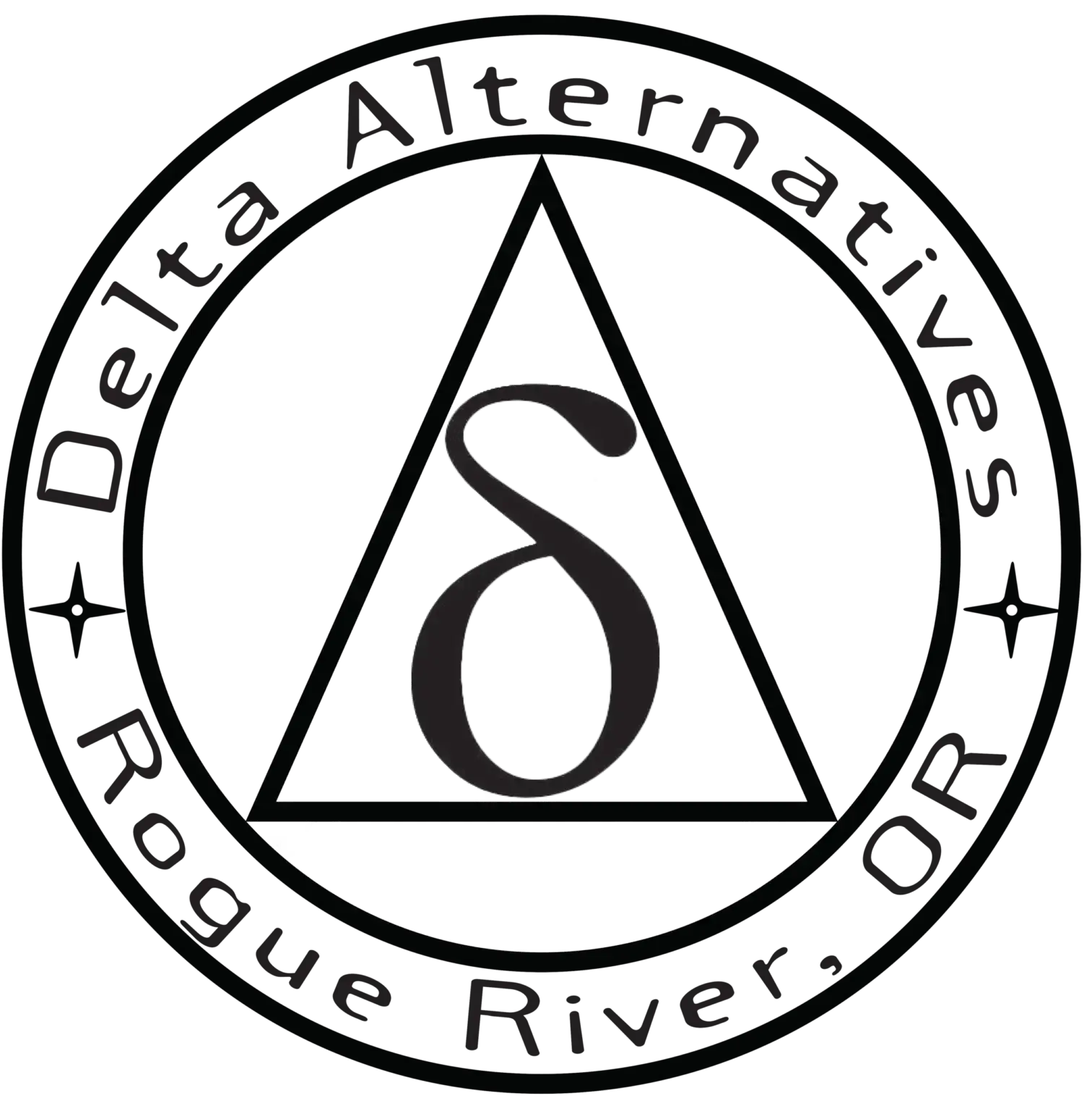
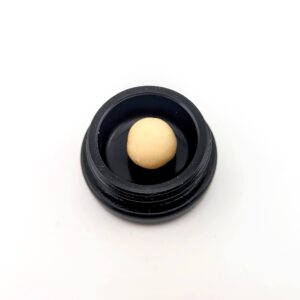

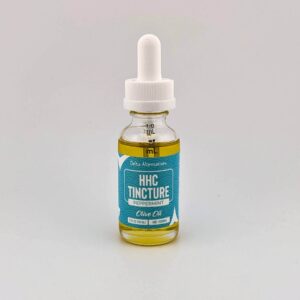
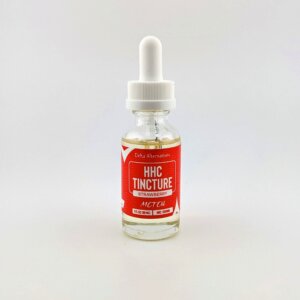
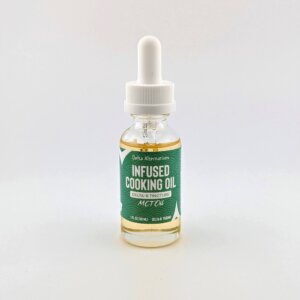
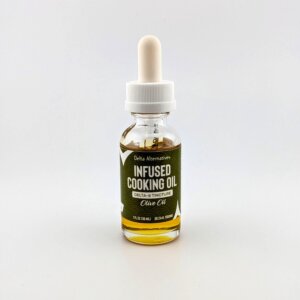
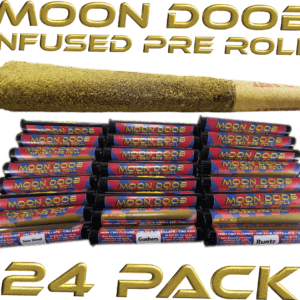

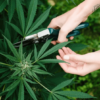

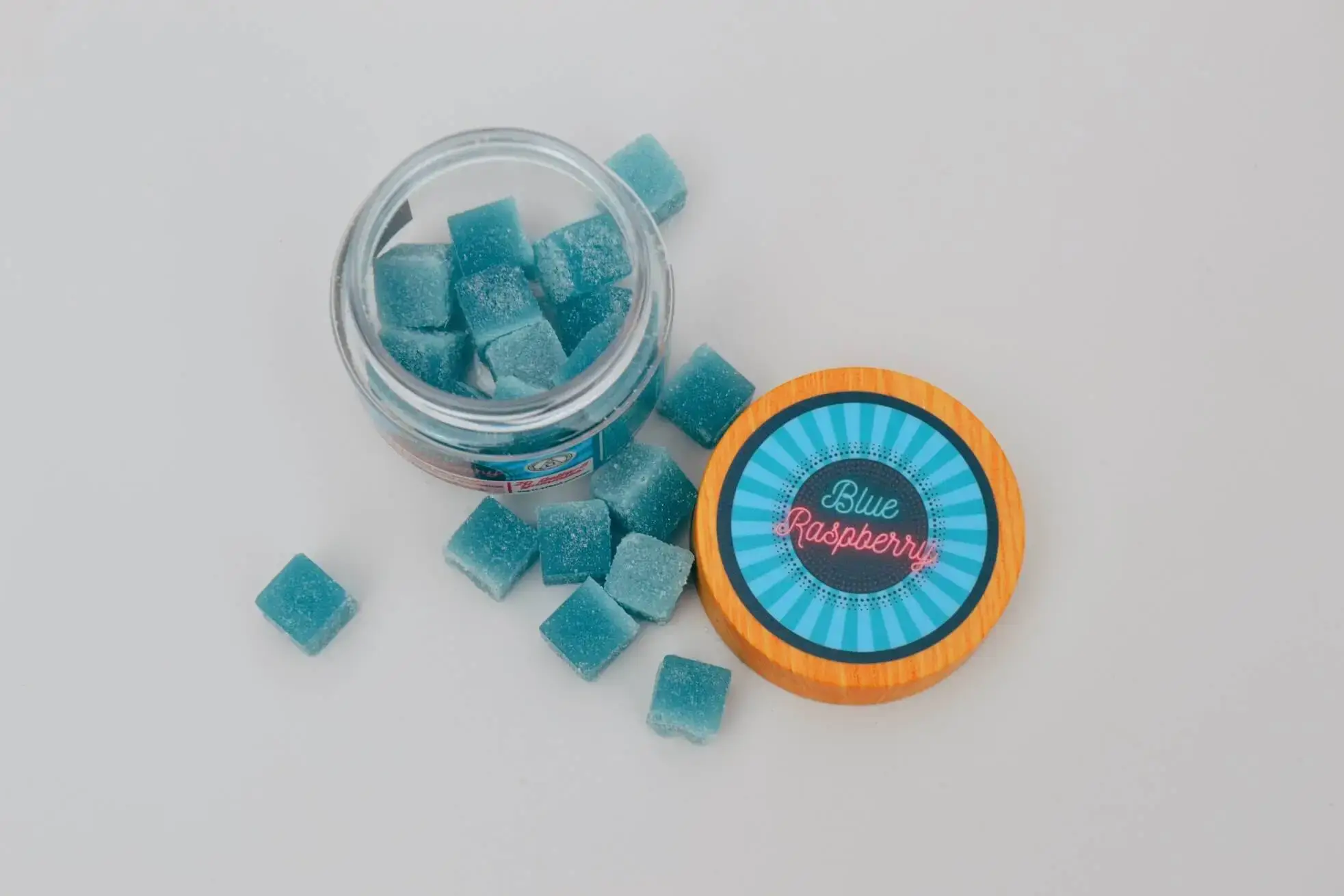
You must be logged in to post a comment.